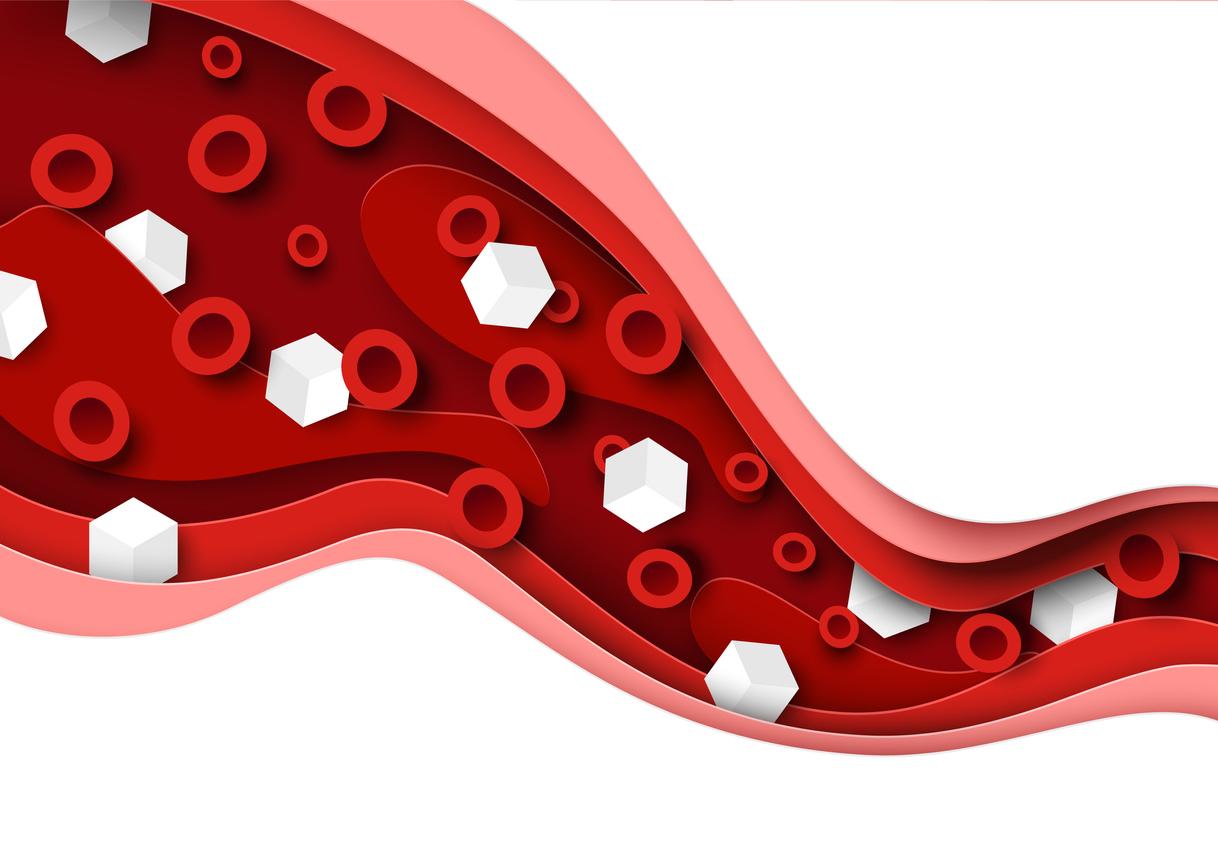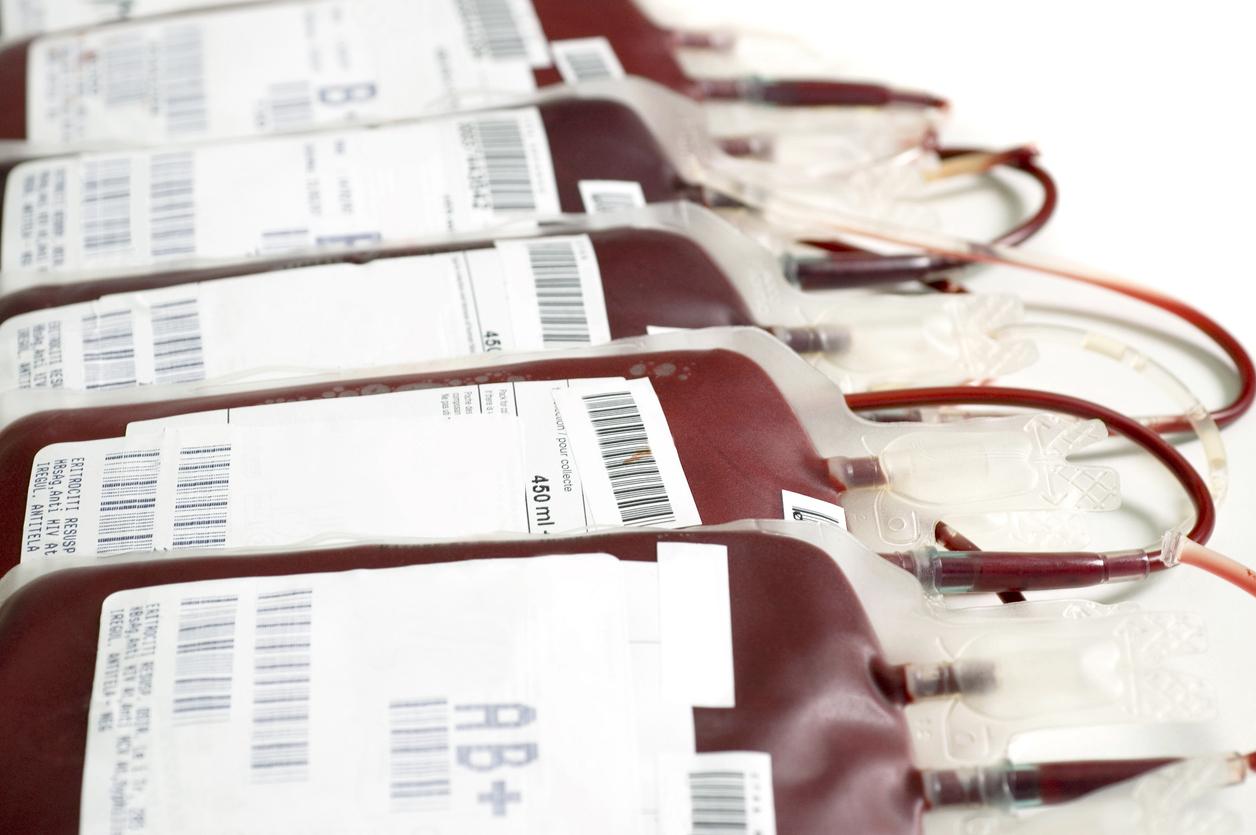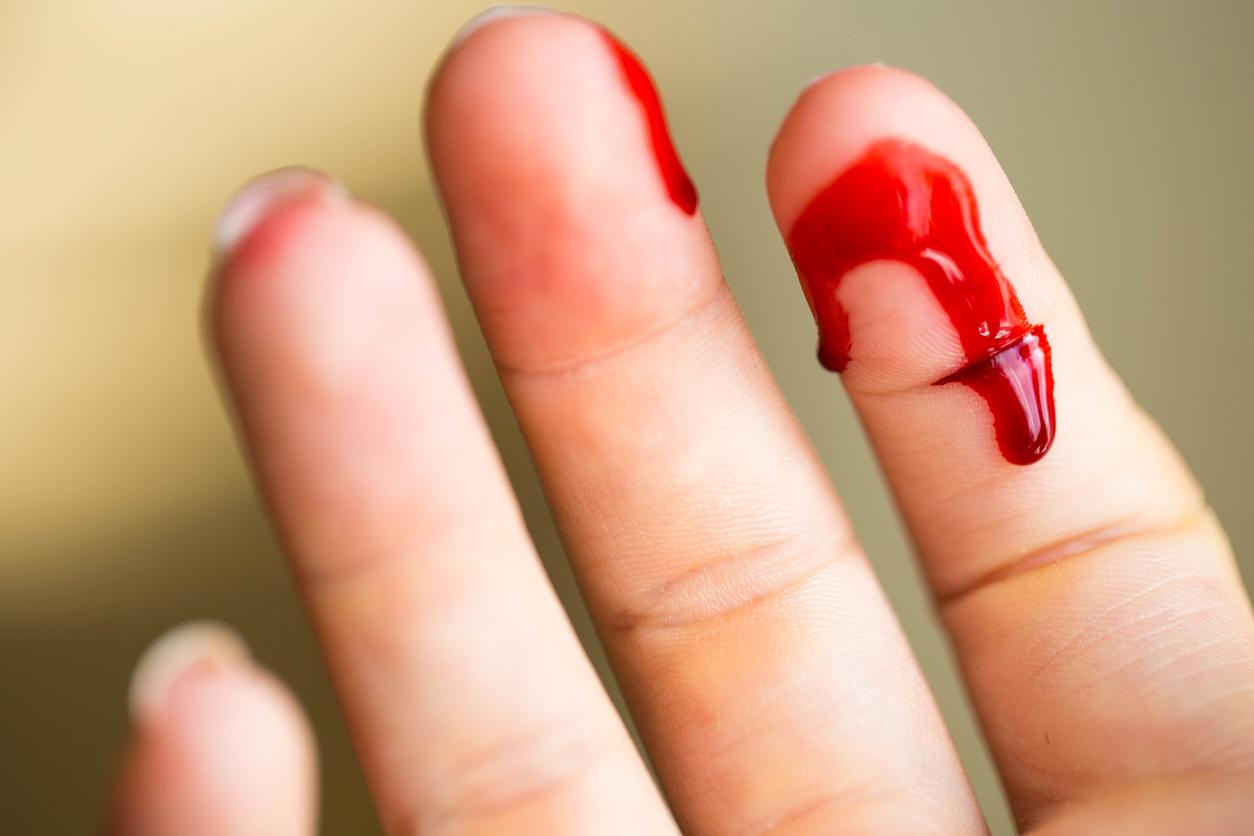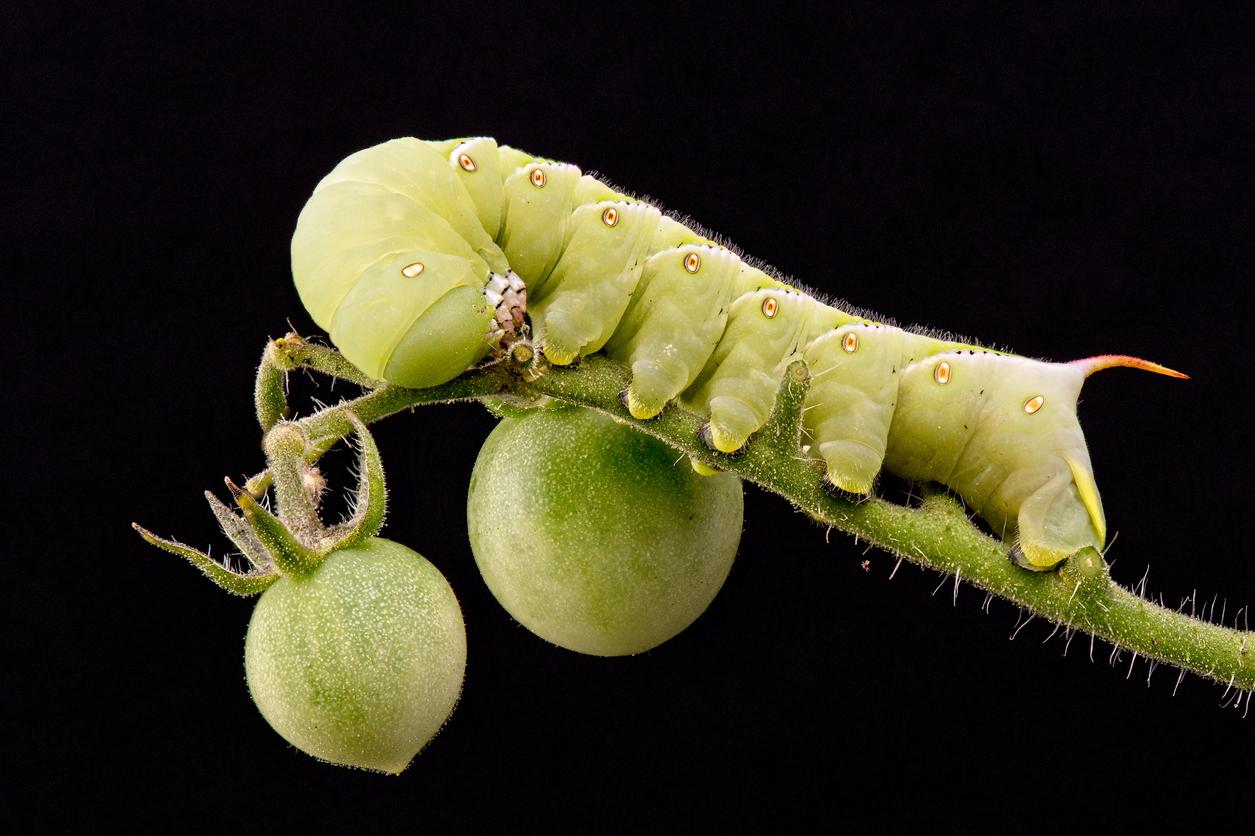Many researchers have attempted to develop artificial blood to replace transfusions from human blood. But even when the trial is promising, one obstacle remains: how do you ensure enough production to use it on a large scale? This constraint has undoubtedly just been overcome. British researchers from theBristol University have succeeded in producing fully synthetic blood in significant proportions.
To do this, they copied erythroblasts, cells that make up red blood cells. The resulting blood cells are “immortal” and reproduce continuously. They can be cultivated indefinitely and therefore potentially cover important needs.
Make up for the lack of blood donations
Scientists call their process “reliable and reproducible”. They did not observe any differences between their cells and human blood cells in an in vitro environment. Transfusing patients with artificial cells would greatly reduce the risk of transmitting infectious diseases and could be a real alternative to blood shortage. In the meantime, the need for donations remains just as important all year round.
To read also
Blood donation: quickly, France is in the red!
Artificial blood: soon a reality
Become an ambassador for blood donation by signing your “A +” emails















